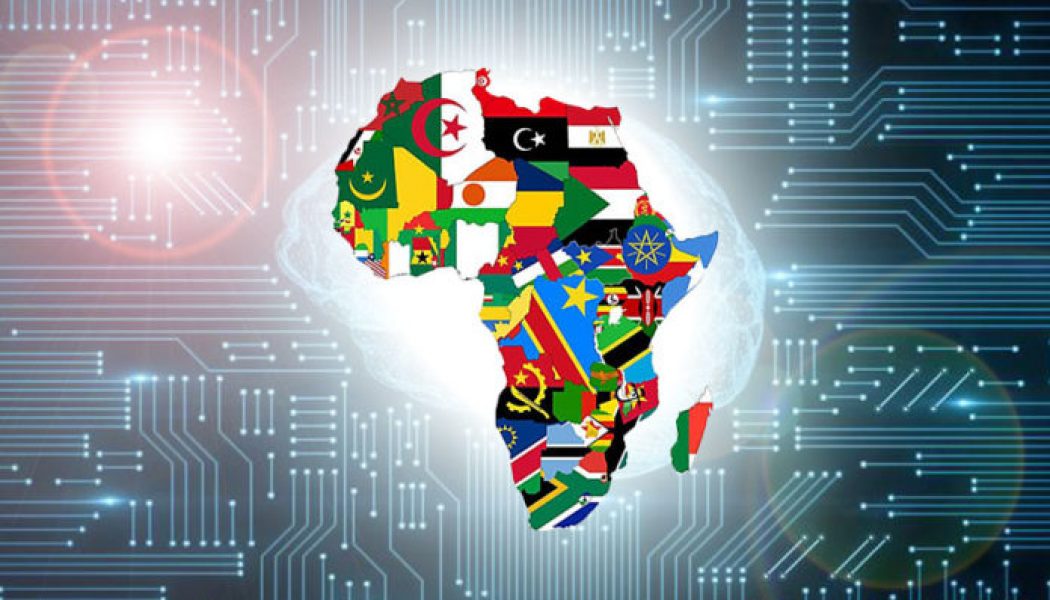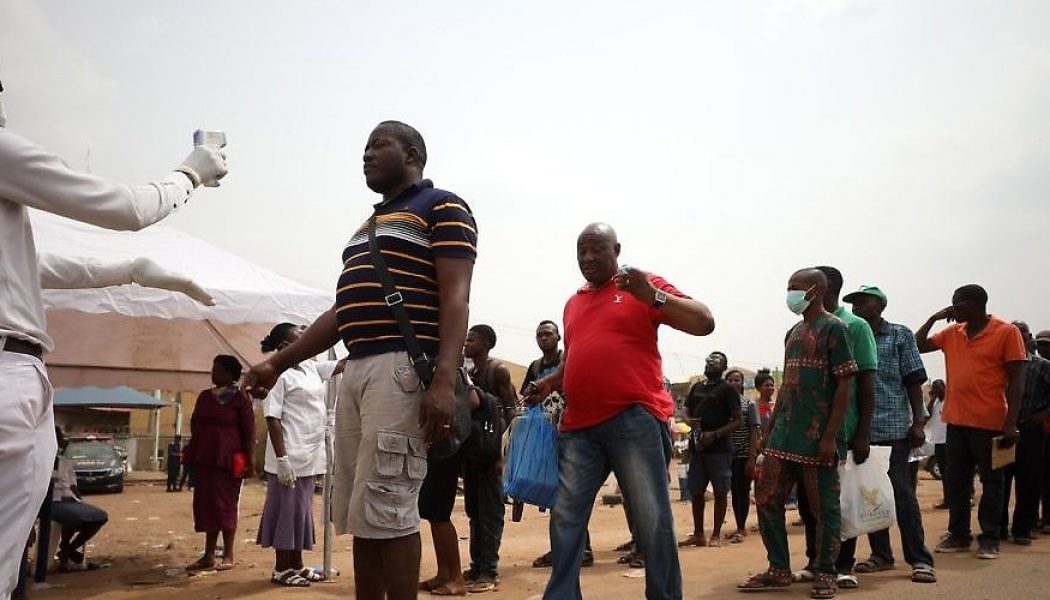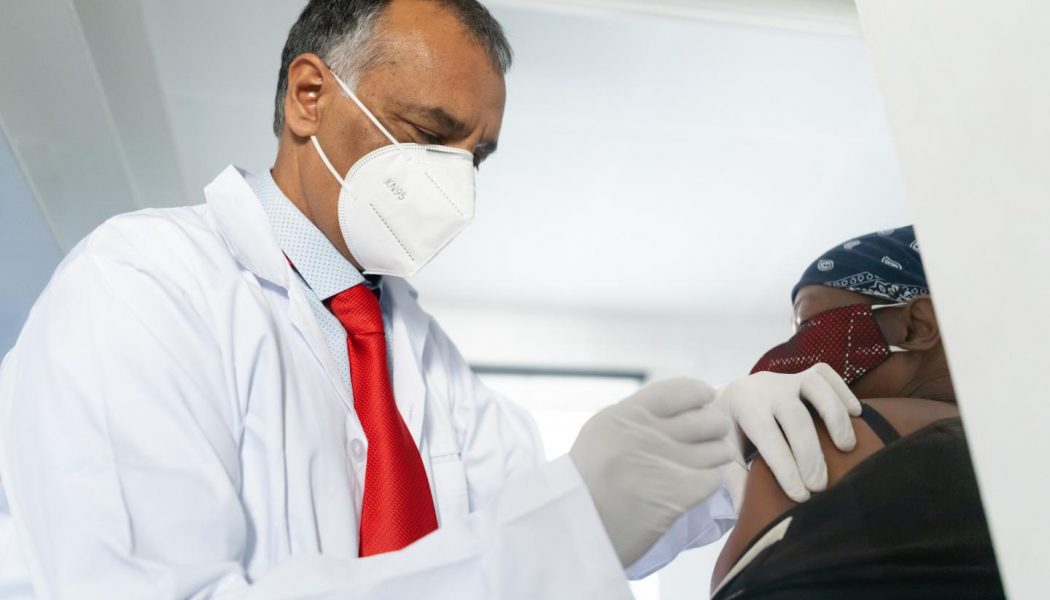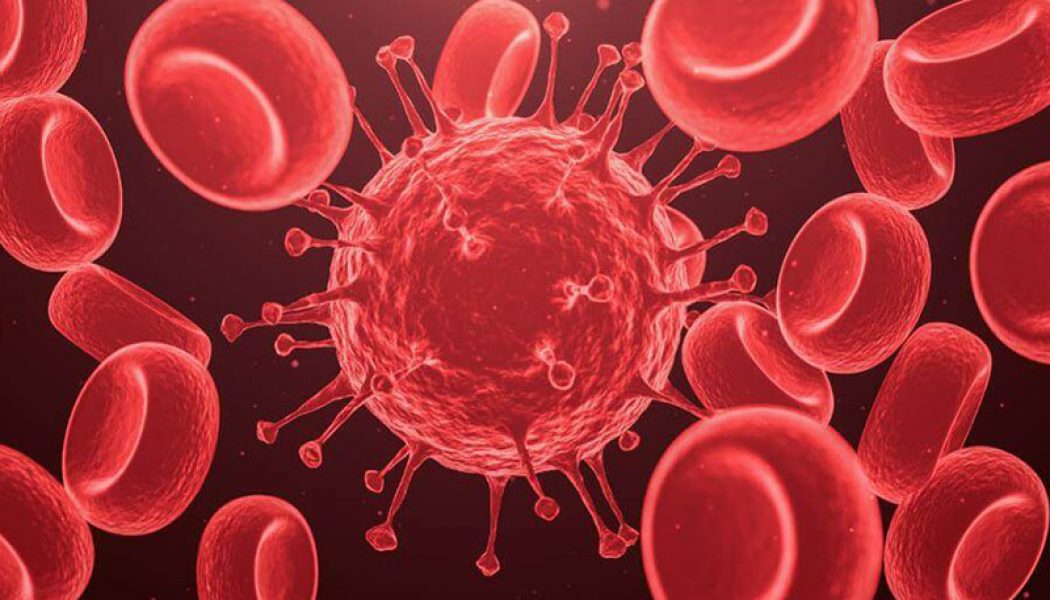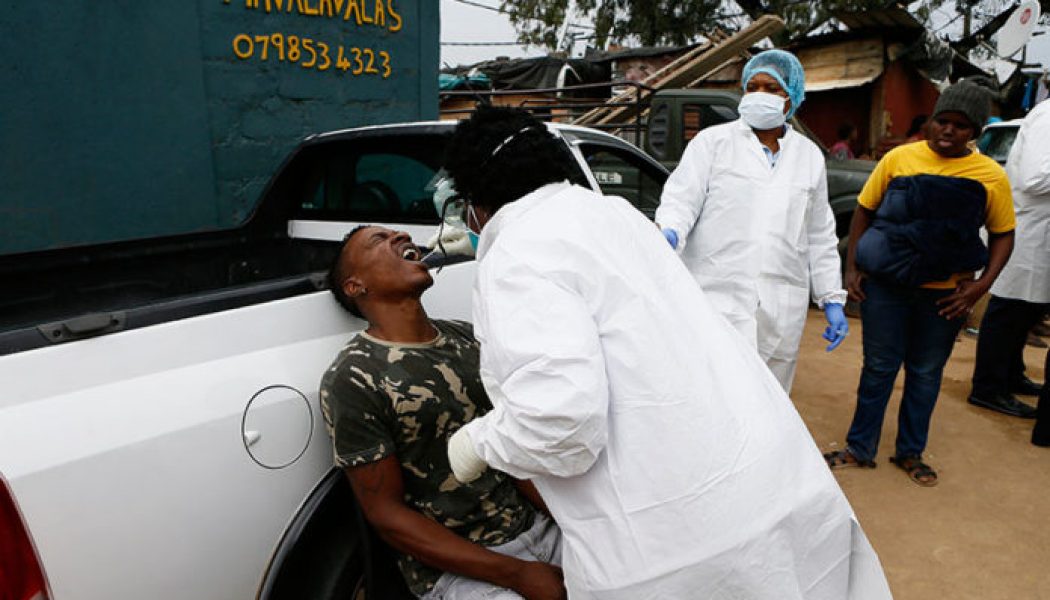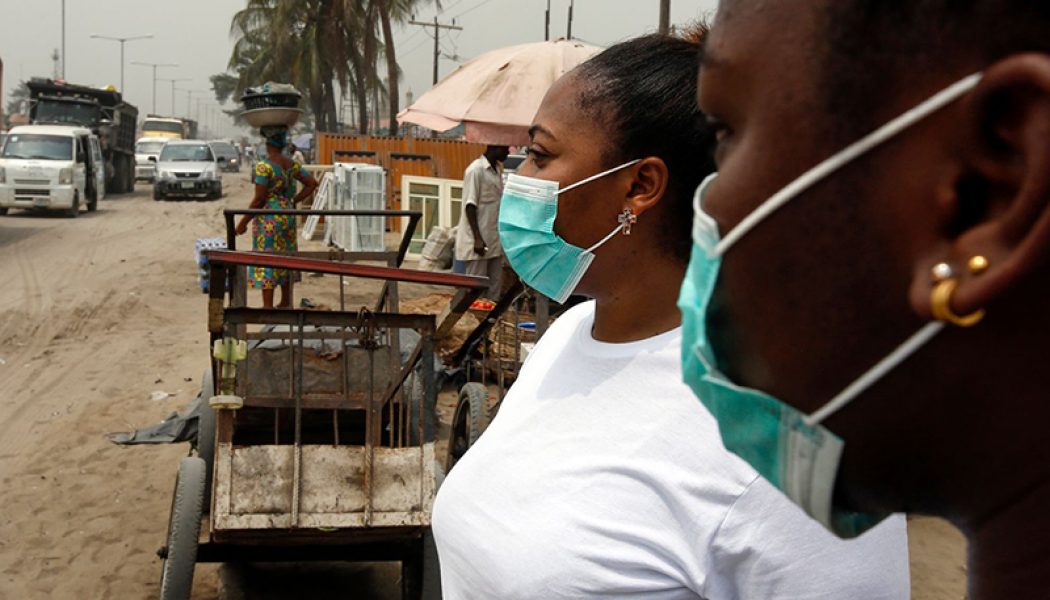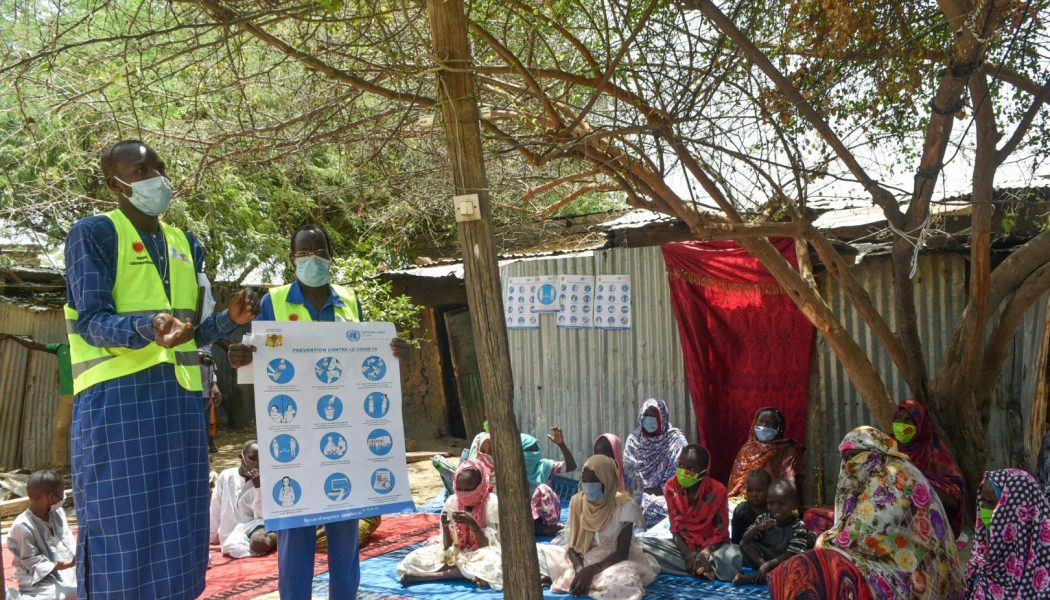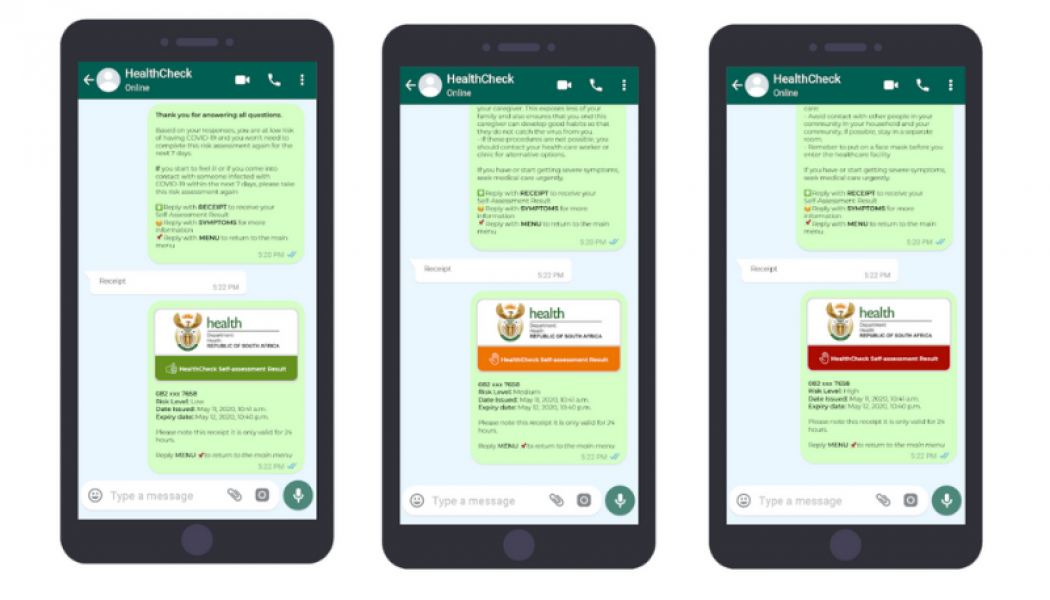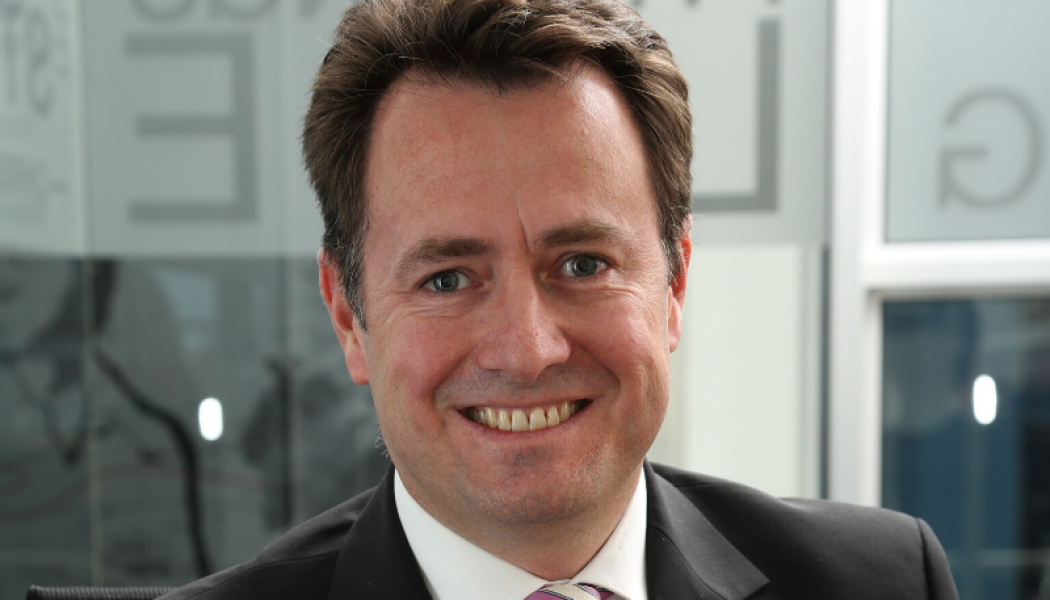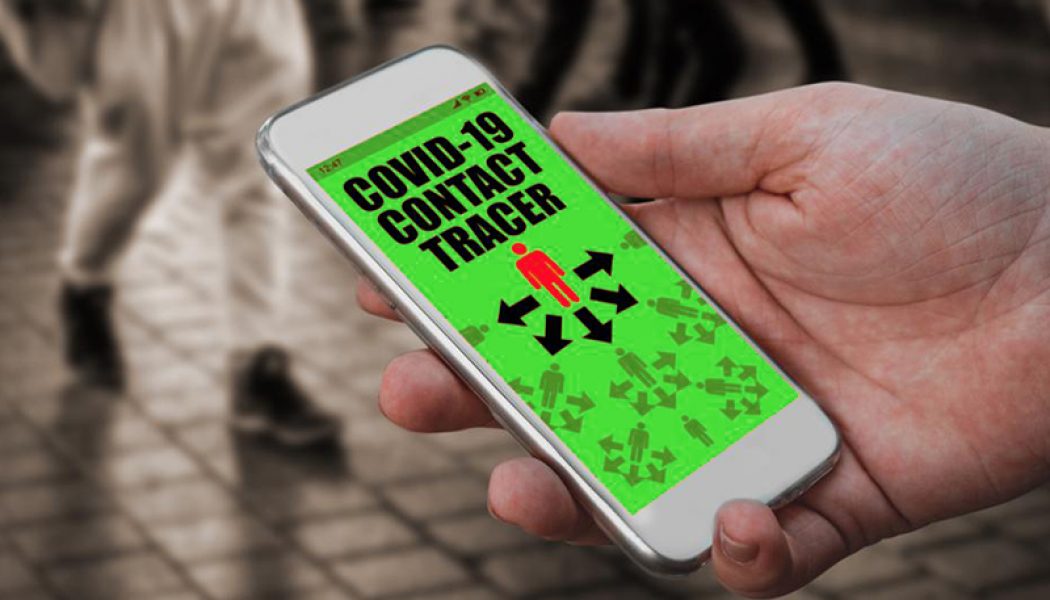HealthCare
Misinformation About COVID-19 Can Be Devastating in Rural West Africa
Sierra Leone was later than most to experience its first cases of COVID-19. Though the virus itself did not arrive in the country until 31 March 2020, rumours and fears spread among communities well before the country’s first confirmed case. As happened during the Ebola outbreak from 2014-2016, this pandemic has led to rumours and misinformation that leave some people fearful of visiting healthcare facilities. This could have a devastating effect on children as, at 105 deaths per 1,000 live births, Sierra Leone has one of the highest rates of child mortality in the world. Memories of Ebola mean adopting new hygiene measures to reduce the spread of a pandemic is nothing new for people in Sierra Leone. However, as during Ebola, rumours can spread easily and this can lead to a ...
PLWSCD are at Higher Risk of Complications when Infected with COVID-19
Persons Living with Sickle Cell Disease (PLWSCD), are at a higher risk of getting infected with COVID-19, Kenya’s Health Chief Administrative Secretary (CAS), Dr Rashid Aman says. The CAS noted that PLWSCD are more likely to get severe illness if they get infected due to their impaired immunity resulting from the blood disorder and urged them to strictly observe the precautionary preventive measures for COVID-19. “During this period of Coronavirus pandemic, persons living with sickle cell disease are advised, to ensure they keep a minimum of a one-month supply of medication at all times. In addition, they should consult their healthcare providers should they experience COVID-19 symptoms,” he notes. Sickle Cell is a genetic disease characterized by a change in the shape of a red blood cell,...
The Difficulties of Reaching Communities in Chad with COVID-19 Safety Messages
Sourced from RFI. The health authorities in Chad are focusing on communities to build confidence so that citizens trust the right information and avoid risky behaviour. Communal living, not uncommon in many of N’Djamena’s neighbourhoods, the Chadian capital, is a source of fear among residents as COVID-19 persists. When the pandemic reached Chad, health authorities rolled out a raft of response measures, including door-to-door visits by community health educators to relay messages on safety. While face-to-face meetings are time-consuming, the sessions are more personal, often carried out by someone from the same community who speaks the same language and has the appropriate cultural understanding. Unlike broadcast messages, people can ask questions and seek clarifications in door-to-door c...
1Life, Samsung and LifeQ Launch “Life Insurance Ecosystem”
1Life, Samsung South Africa and LifeQ have partnered to launch life insurance ecosystem, 1Life Pulse. This initiative is backed by wearables and app technology and enables consumers to grow their life insurance cover by “making better choices”. 1Life Pulse acts as a lifestyle monitor and management system that tracks and guides heart, activity and sleep – monitoring overall wellbeing. Every time a consumer chooses to get a little extra sleep or go for a walk, for example, they’re likely to grow their life cover by up to R216 per day, or up to R6 560 per month, starting from day one. Over two years, policyholders are able to grow their additional life cover by up to R200 000, as they grow their wellbeing. All qualifying new 1Life policyholders that take out cover for R1 million or more...
